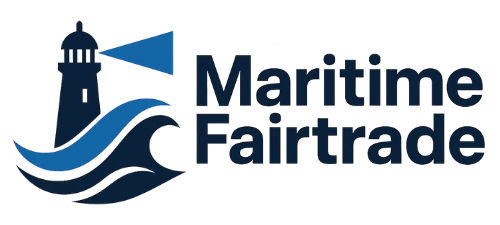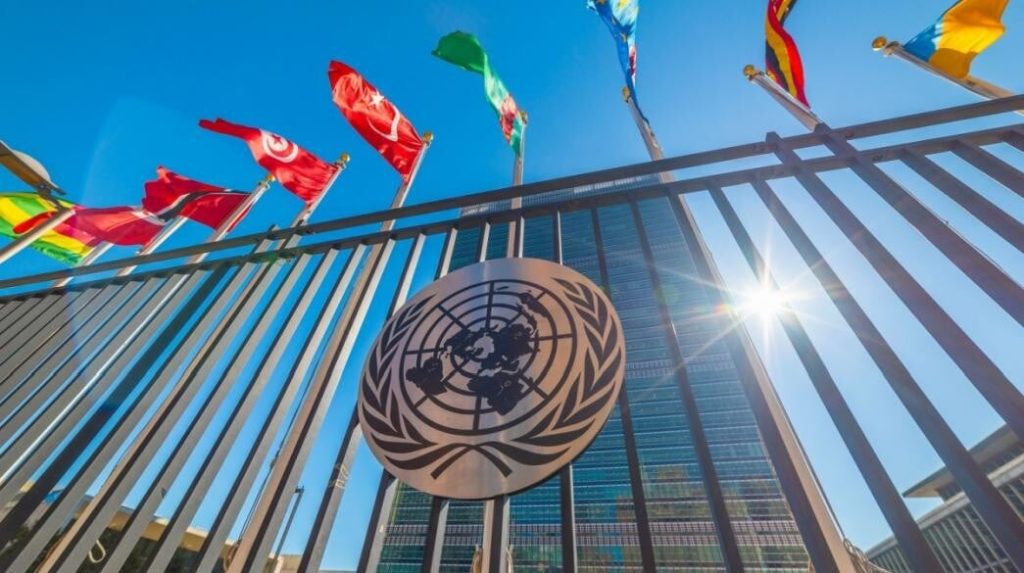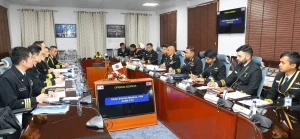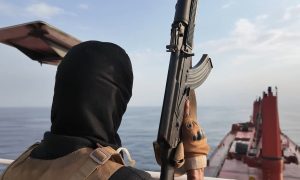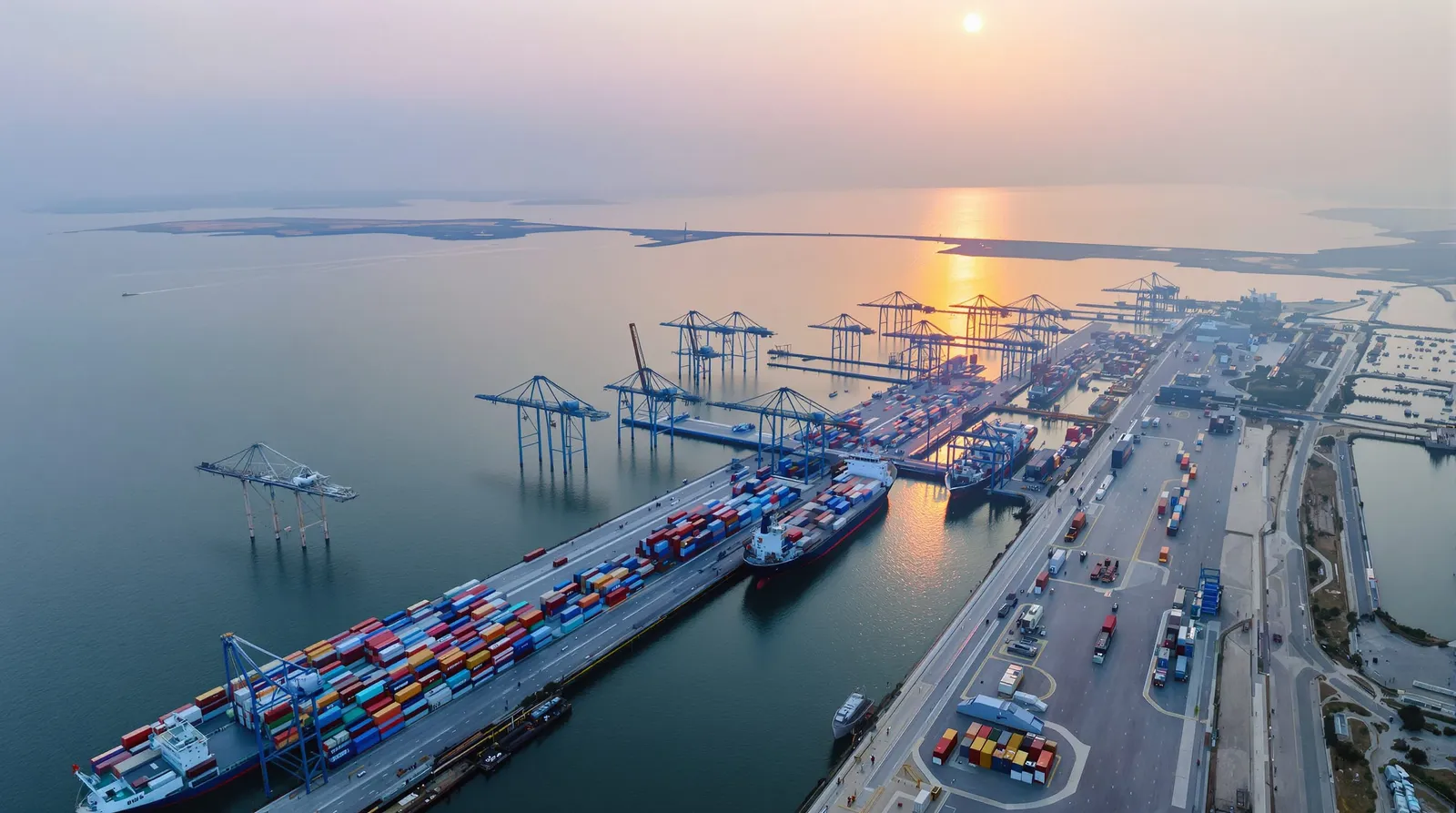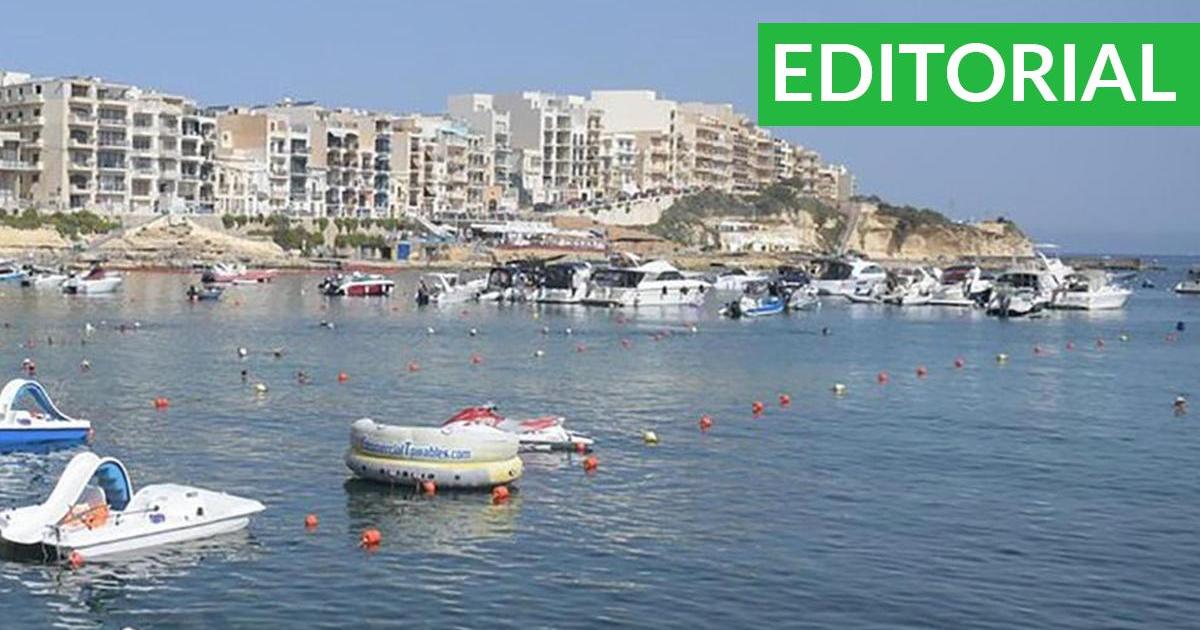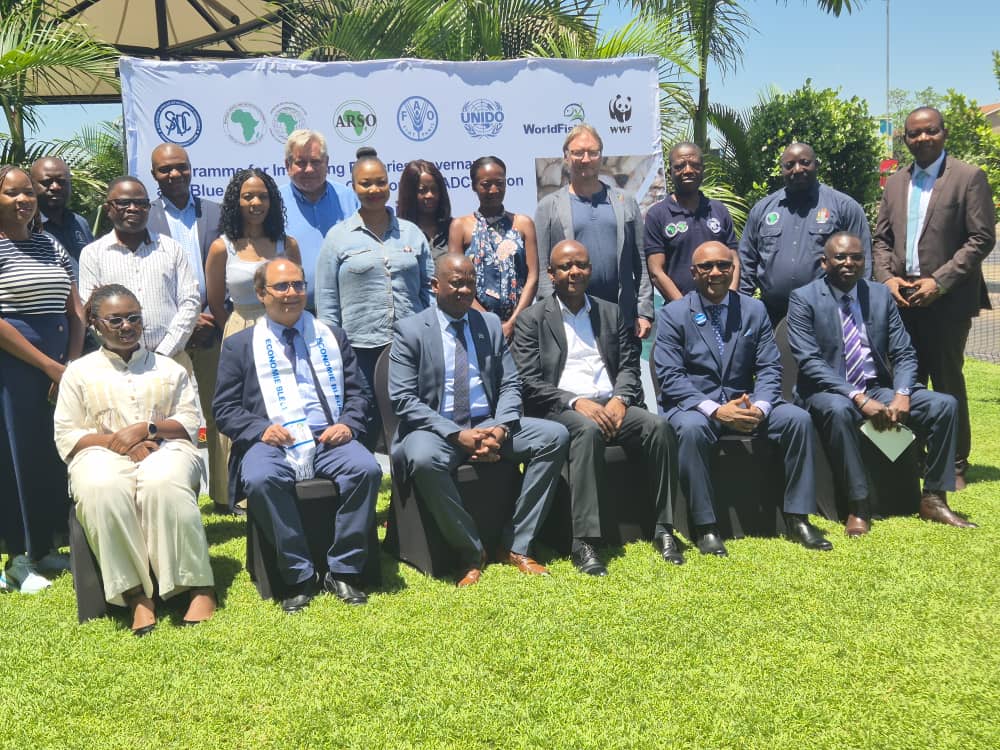An informal meeting on maritime safety and the protection of seafarers was convened at the United Nations, organized by Greece, India, and the Philippines, with contributions from Denmark, Japan, Panama, and Romania. This gathering took place at the UN headquarters and engaged government and academic experts to discuss the pressing security challenges faced by seafarers in contemporary maritime operations.
Ambassador Aglaia Balta, Greece’s Permanent Representative to the UN, opened the meeting by emphasizing the critical aspects of seafarer protection amid rising threats to maritime security. She underscored that the well-being, health, education, and safety of seafarers are vital for fostering peace and prosperity at sea. Balta also reiterated Greece’s commitment to collaborative efforts with other member states and organizations to enhance these protective measures.
During the gathering, Arsenio Domínguez, Secretary-General of the International Maritime Organization (IMO), delivered a welcome address. He highlighted the pivotal role of shipping—which is responsible for over 80% of global trade—and the 1.9 million seafarers who enable this industry. Domínguez raised alarms regarding the uptick in piracy, maritime attacks, and other threats, asserting that such actions contravene international law and disrupt freedom of navigation. He pointed to the need for regional cooperation initiatives, particularly those rooted in the Djibouti and Yaounde Codes, stressing that seafarers’ rights and protection must not be overlooked, especially during crises.
Captain Antonios Loumanis of the Coast Guard characterized seafarers as the “silent force” propelling global trade, highlighting their often-neglected contributions during recent crises, such as the COVID-19 pandemic and ongoing conflicts in regions like the Red Sea and Gulf of Aden. He detailed a recent incident where a Greek-owned vessel experienced an armed attack, illustrating the growing risks faced by crews, which include piracy and abandonment by shipping companies during emergencies.
Loumanis reiterated that crew abandonment is an inexcusable trend that has gained traction, highlighting the need for strict adherence to international law frameworks like UNCLOS, IMO conventions, and the Maritime Labour Convention to safeguard seafarers’ rights. He called for enhanced collaboration amongst the UN, IMO, and International Labour Organization to create a safer working environment for maritime personnel.
Throughout the discussions, a consensus emerged on the critical link between the safety of seafarers and the broader spectrum of international peace and security. Participants pointed out that seafarers are vulnerable to a host of threats including terrorism, piracy, and conflicts, underlining the importance of fortified security measures for the two million seafarers who support global maritime trade.
Certain member states of the Security Council recognized piracy in regions like Somalia and the Gulf of Guinea, as well as Houthi attacks in the Red Sea, as urgent concerns requiring immediate attention. The Security Council has passed resolutions demanding a halt to these hostilities and has tailored its responses accordingly.
As part of its ongoing commitment to maritime security, Greece has prioritized this issue during its term on the Security Council, previously organizing debates and side events around freedom of navigation. The meeting concluded with a strong affirmation of the need to implement UNCLOS rigorously to protect seafarers and ensure maritime safety.
Source link
